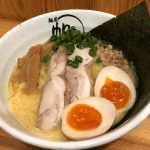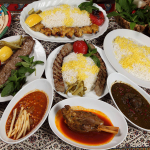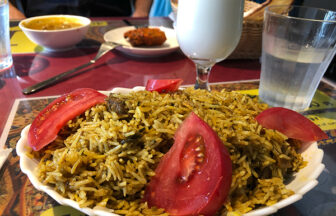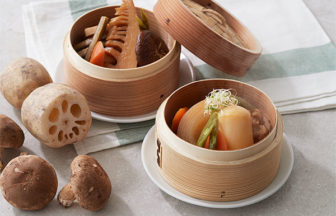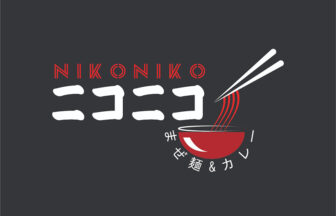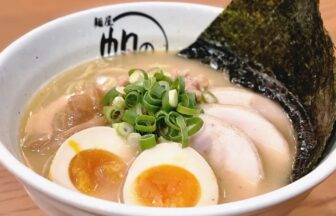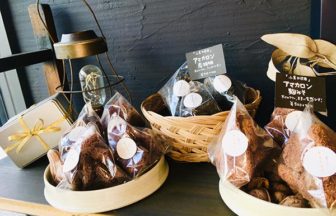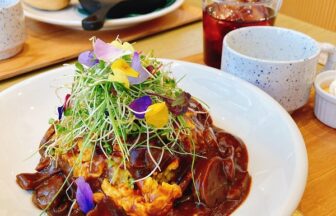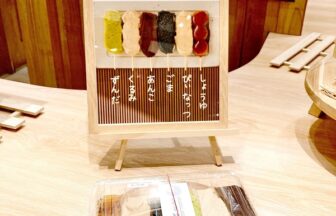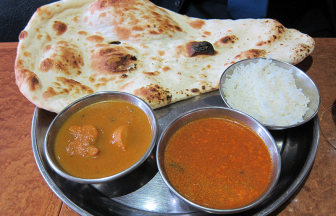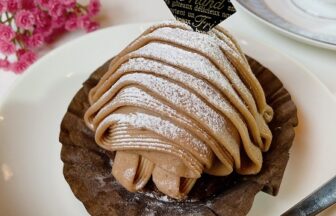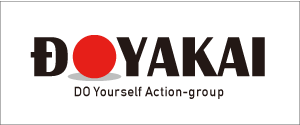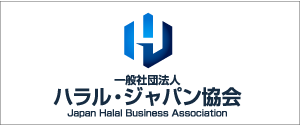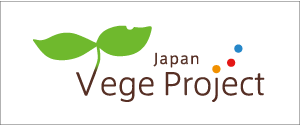Aiming to be a memorable ramen for customers
The concept of Narita-ya ramen is in-house noodles with no additives. They provide healthy and delicious traditional Japanese ramen.
HALAL-Noodles Naritaya is a TripAdvisor certified restaurant. This certification is given to top-rated restaurants (throughout the year).
The shop is Halal certified, so there is no alcohol menu.
They have soy sauce ramen using Japanese-style soup which has received great support from many Muslims who visited.
The most popular menu is “Special Naritaya Ramen”
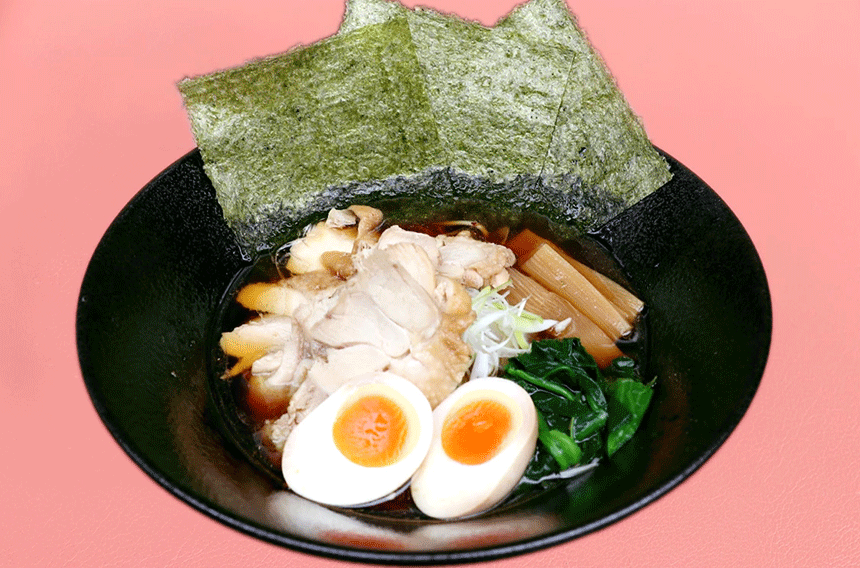
Special Naritaya Ramen
Eggs, chicken, menma, spinach, and all the ingredients laid out plenty until the noodles underneath disappear. Refreshing soy sauce ramen with chicken and dried soup stock.
In addition, there are unique naming menus such as Taiwanese ramen and gorogoro ramen with large block-shape stewed meat .
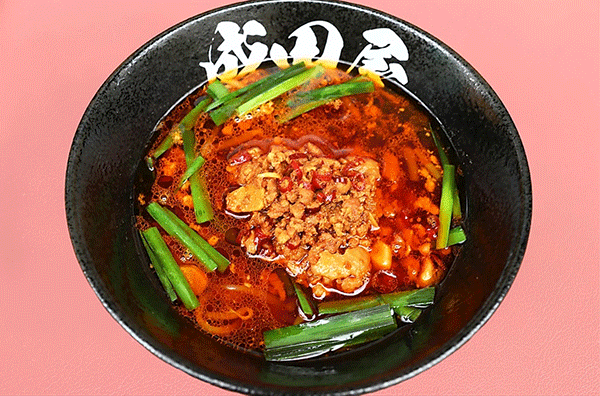
Spicy Ramen (Taiwan Ramen)
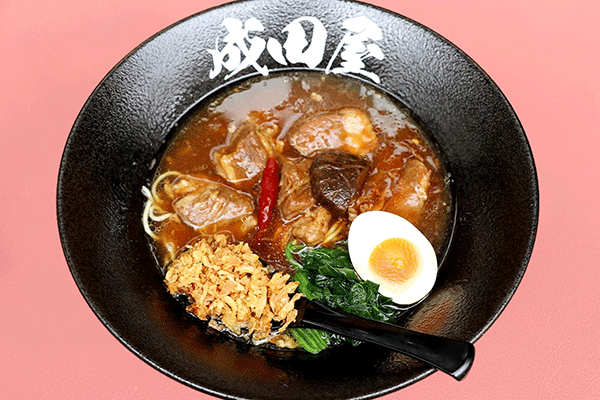
Goro-goro Ramen (Ramen with Block-shape stewed meat)
Ramen using top-grade ingredients “Additive-free” and “Chemical seasonings free”
According to the owner, through the process of developing Halal noodles, “additive-free” “neutralized” “no chemical seasonings used” noodle was born.The fragrant thin noodles made with 100% domestic wheat are very tasty and best matches with soy soup.
The popular “Mazesoba” is a mixture of secret sauce and the finest sesame oil, which harmonizes and brings the best taste.
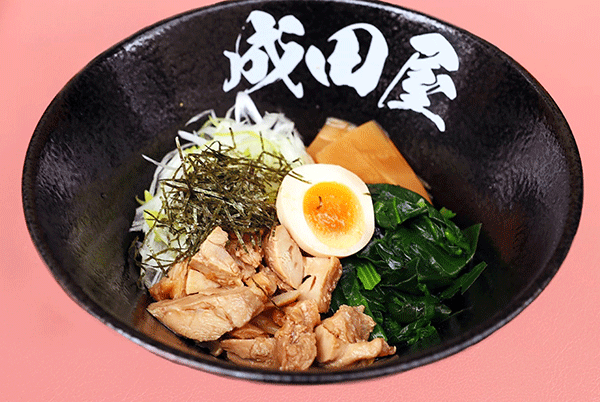
Mazesoba (Mix soba)
Homemade noodles are developed by carefully blending several selected domestic wheats, to match “Mazesoba.” Naritaya, a completely Halal ramen restaurant, started in Asakusa and currently has three stores (Asakusa, Kyoto and Sendai).
The shop also has a prayer space so that Muslims can enjoy a meal without worrying about prayer time. Owner is trying to make a menu that matches the atmosphere of the good old days of Asakusa.
The origin of Naritaya was a stall in Malaysian
Naritaya started as a stall(food cart) in Malaysia.Food stalls (food carts) are very famous and common in Malaysia, because it is cheap, tasty, and fast.
The owner tested, on the streets of Malaysia, what could be sold: Ramen, Japanese-fried chicken, and dorayaki. In 2014, a Japanese restaurant in Malaysia obtained JAKIM Halal certification. In 2015, Naritaya was relocated to Asakusa, and a full-fledged inbound business in Japan was launched as a ramen restaurant.
Although the unit price was not cheap, word of mouth and the review spreads in the Muslim community. It has become a popular store among the Muslim community.
Until then, it was thought that it is difficult for Halal ramen to succeed in Japan. This was because ramen is full of prohibited ingredients for Muslims, such as pork, pork bones, and even the noodle itself contains alcohol in its manufacturing process.
Since Naritaya became successful, in a sense, Naritaya revolutionized the ramen industry.
However, they did not have a smooth sail.
Until now, there were various situations that were not straightforward, such as failure to obtain halal certification in Malaysia and betrayal of partners. Currently, the owner also conducts seminars and lectures utilizing its know-how and experience in overcoming many difficulties.
Supervisor / Recommender

- Halal Supervisor and Foreigner Food Coordinator (Cooking, Consulting, Public Relations)
-
Click here for introduction
I currently work as an editor, but my previous job was as a chef, with many years of experience working in hospitals, restaurants, and the food service industry. Looking back, I think my connection to halal may have already been there.
Decades ago, I once worked in a cafeteria at an auction venue. Over 60% of the visitors were foreigners. Many Muslims were present, and the venue had a mosque-like prayer space. I remember being frequently asked questions about whether the meat was halal and what kind of meat it was. At certain times, the cafeteria would become as lively as a festival. The Indian restaurant next door would generously serve free biryani, curry, and sweet drinks to everyone who came. Over 100 people, including people wearing bright red turbans, galabeyas, and traditional attire, gathered in the cafeteria, all sitting around the same table and enjoying a truly enjoyable time. Looking back, it was iftar, the end of fasting, and I understand the significance of sharing, but at the time I was ignorant of halal and Islam, and didn't even consider how to respond. They only ate the curry made by the Indians in the restaurant. As I studied halal, I realized, "I wanted to eat Japanese food, but I couldn't." I regret not doing anything even though there was something I could have done.
If only it didn't contain pork! If only it didn't contain wheat or buckwheat! I could eat it... Food insecurity is different for each person.
That's why I think it's important to learn about the differences in culture, religion, and lifestyle that underlie it, and to create an environment where everyone can enjoy delicious meals in comfort.
The desire for delicious, safe, and secure food is universal. The times are calling for people to live in new ways that transcend borders and religions. I hope that halal can be a gateway to eliminating food insecurity, contributing even in some small way to a society where people can coexist and prosper with more liberal thinking, and to global harmony beyond.
Latest entries
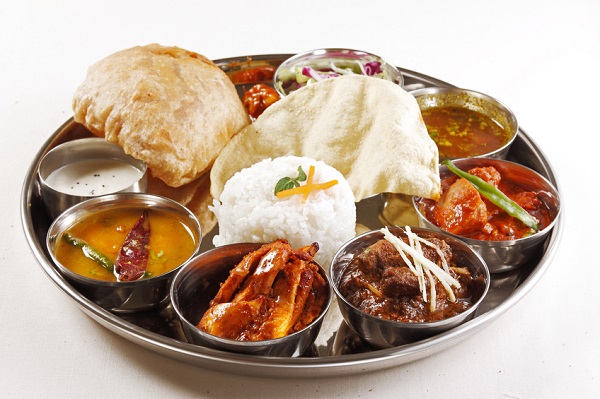 Tokyo2023年11月4日Dakshin South Indian Restaurant Otemachi Branch
Tokyo2023年11月4日Dakshin South Indian Restaurant Otemachi Branch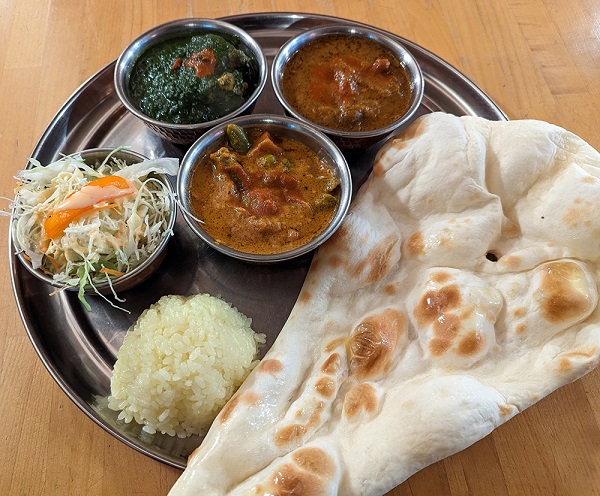 Tokyo2023年10月23日Gandhi Mahal
Tokyo2023年10月23日Gandhi Mahal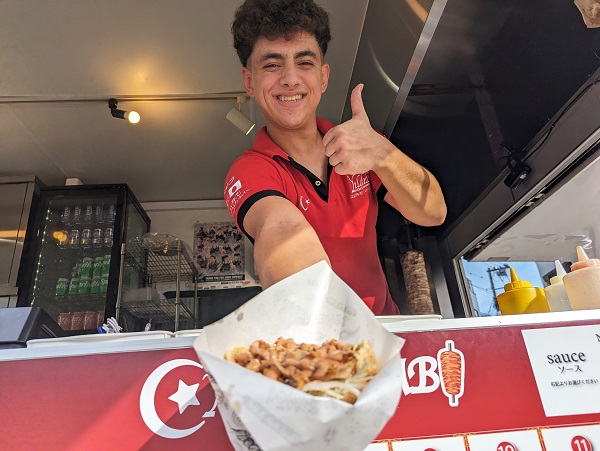 Tokyo2023年10月23日Yıldız KEBAB
Tokyo2023年10月23日Yıldız KEBAB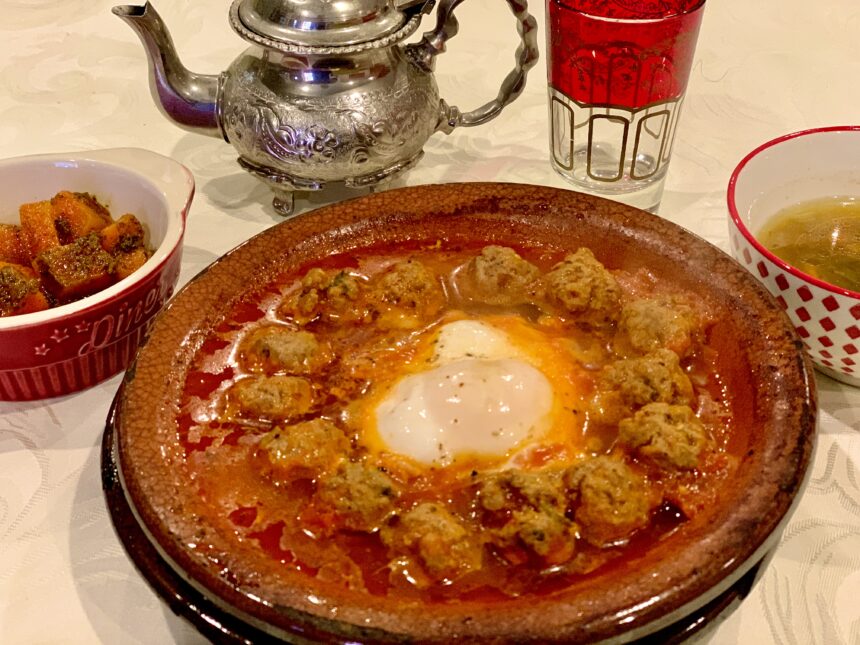 Tokyo2023年10月4日Restaurant Morocco
Tokyo2023年10月4日Restaurant Morocco













